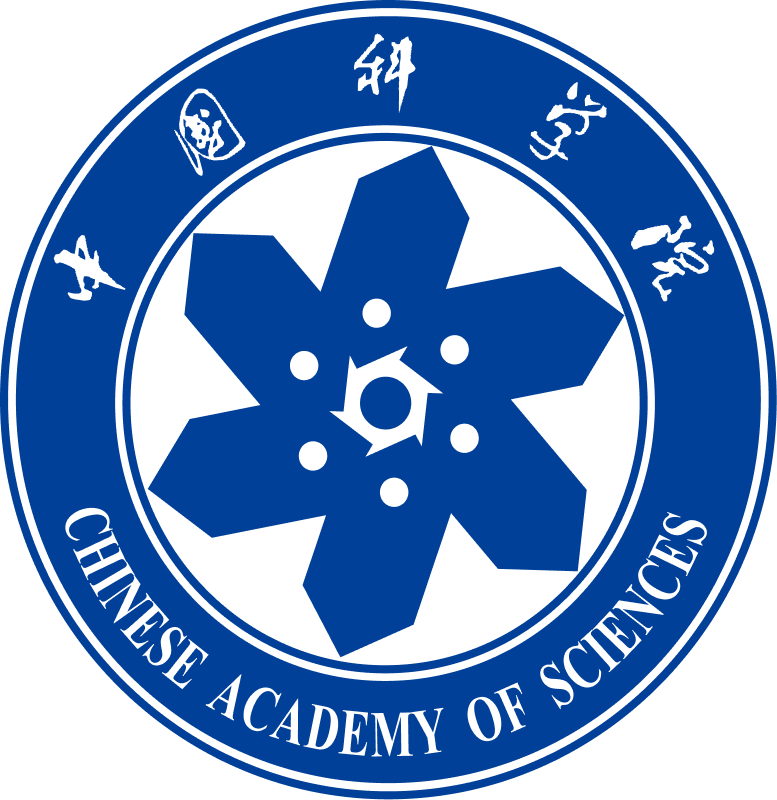Functionalisation of carboranes
Advancing functionalisation through transition metal chemistry to expand applications in medicine and materials science.
This project focused on exploring new methodologies for the functionalisation of carborane clusters, which were unique boron hydride structures with exceptional stability. Despite their potential applications in boron neutron capture therapy (BNCT), supramolecular design, and organometallic chemistry, carboranes were challenging to modify due to their robust nature. By systematically studying the reaction chemistry of five-membered metallacycles with carborane auxiliaries, the aim was to develop innovative approaches for their derivatisation. Transition metals, known for their transformative chemical properties, played a crucial role in these investigations. This research promised to expand the synthesis of carborane-containing molecules, potentially leading to new applications and a deeper understanding of carbon-boron cluster chemistry. The project provided novel tools and insights into the versatile chemistry of carboranes.
-

Original project funded for three years from 2016
- Carborane structure and stability
- Challenges in functionalisation
- Applications in Boron Neutron Capture Therapy (BNCT)
- Role in supramolecular design
Directors

Zuowei Xie
Professor of Chemistry at the Chinese University of Hong Kong

Shuli You
Professor at the CAS Shanghai Institute of Organic Chemistry, Shanghai
Other projects




Stay in the loop!
Subscribe to keep up with the latest from Croucher Foundation.


